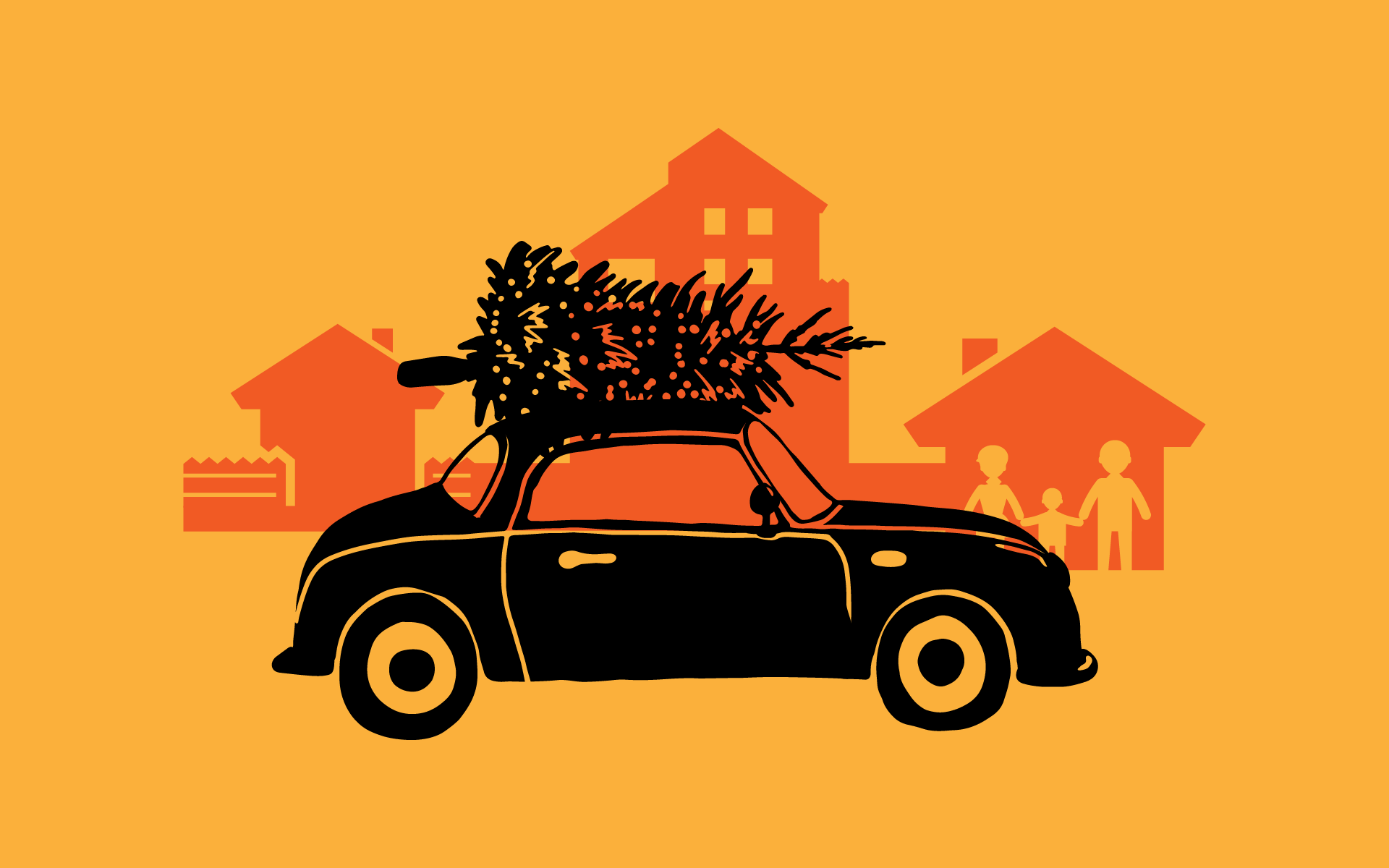Back in the village, when I was growing up, my mom and grandmother would tell stories of how they sang songs, with the atmosphere of Christmas in the air.
Every household would be playing Brenda Fassie’s Vul’ndlela out loud. Kids all over the place wore new clothes. And the greeting was “Haaapppppy!”
It was never just about the nuclear family. People from the cities would arrive in their cars and the entire village would celebrate. It always rained on Christmas Day.
These days, in the city, Christmas is about spring cleaning. Scrubbing the floors, painting the walls, washing or replacing curtains, and cutting the grass in the yard.
Everyone is carrying shopping bags with groceries for the Christmas meal. Children wear new branded clothes and expensive sneakers. They carry Bluetooth speakers with music playing loud as they walk the streets.
Women-run stokvels gather to divide their yearly savings. On Christmas Day, the whole family gathers, eating a seven-colour meal, followed by jelly and custard for dessert, with tinned peaches in brine.
The grandparents no longer tell grandchildren stories. Television overtook the storytelling. It’s a wonderful time all round.
My family and I don’t travel to the Eastern Cape for Christmas. Instead, I travel to Hermanus, where my family is.
I’m in charge of cooking the Christmas meal because I live in the city. My mother helps me to peel vegetables. My niece helps with the cleaning while I cook. My nephew helps with salads, which I’m not good at making. Everyone chips in.
When my sister was still alive, she cooked for the family, but on Christmas Day, I still took care of the Christmas lunch.
We either accompany my mother to her church, or I go to the charismatic church in the city centre. The service lasts about two hours. It doesn’t matter which church you go to, as long as it’s a church. We don’t eat until everyone is back from church.
The Christmas meal is not only for family. If a person walks in, we dish up for them too. And so, when we cook, we cook for more than those who are in the house.
There’s a bowl that needs to be taken to a neighbour for goodwill. There’s Tupperware that must be kept for the pastor’s wife. She’s been good to us and prayed for our family through various tribulations.
After eating Christmas lunch, everyone goes their separate ways. My mother visits her friend. I usually stay at home and watch TV alone. I have not yet managed to make friends even though I’ve been going to Hermanus since my high school days. I indulge in all the Hallmark movies and daydream of the day I will finally meet “the one”.
Sometimes, we get visits from distant relatives whose kids we are told are our cousins. These people sometimes feel like strangers.
But that’s the thing about Christmas. Everyone becomes family. Everyone’s merry and even the worst rivals unite. Grievances are temporarily forgiven, only to resume in the new year when people are grumpy because they don’t have money.
Christmas remains the most beautiful and joyous time in my family. My brother and I don’t really get along, but we eat and joke together on Christmas Day. Everyone is happy to be around family.
My mother is the star of the show. She’s happy when she sees her brood gathered together. She sings her songs – the songs they used to sing back in the village. She tells us stories about her family and about growing up in the village.
These stories are completed with a lament on how things have changed. How children no longer honour their parents, as the Bible dictates, and how this has created a messed-up society. You can see the yearning for the past when things were “simpler”.
Still, some things never change, and the joy of a family Christmas, in the village or the city, is among them.

Leave a Reply